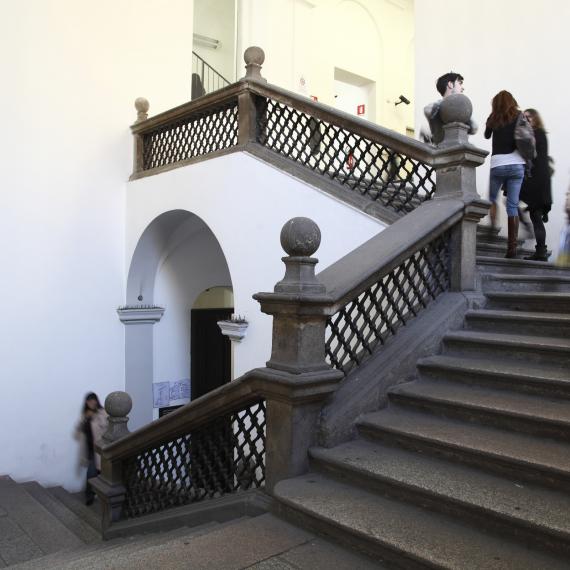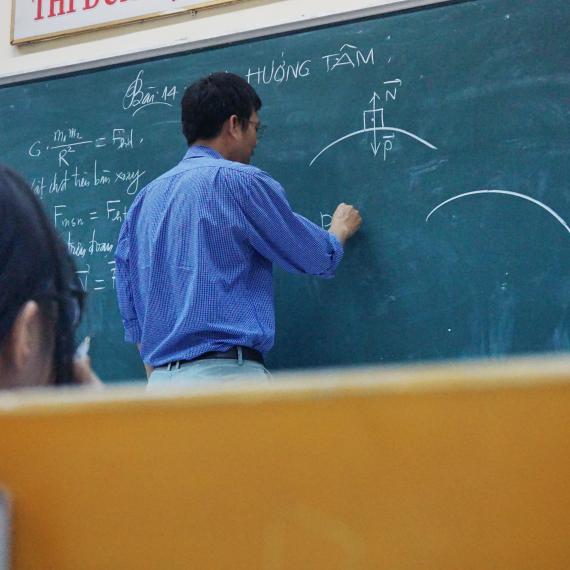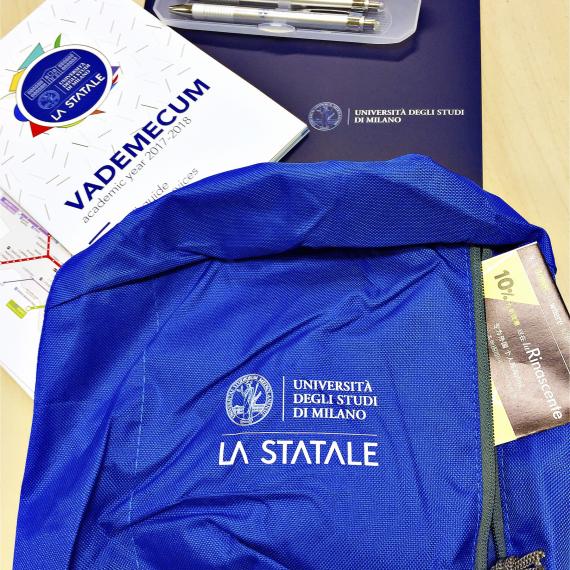Studying at Physics
The first degree programme in Physics saw its first students graduate in Applied Physics in the academic year 1932-33. The programme was created thanks to the first director of the Institute of Experimental Physics, Prof. Giovanni Polvani, who later became director of the National Research Council, president of the Italian Physics Society, and chancellor of The University of Milan.
From the very beginning, the degree programme in Physics was noted for some characteristics that remain unchanged even today in the current bachelor's and master's degree programmes:
- the contemporaneity of the research topics on which students work for their dissertation, also in the context of international collaboration, numerous dissertations are published in scientific journals;
- the relevance of experimental activity in students' education, thanks to numerous laboratory courses;
- the high percentage of female students (today women make up about 40% of the total number of graduates in both degree programmes) compared to a much lower percentages in other countries.
Riccardo Giacconi, Nobel prize winner in physics in 2002, and Fabiola Gianotti, current Director General of CERN in Geneva, are among the successful graduates.
Courses are organized into two semesters:
First semester – from the end of September to December
Second semester – from the end of February to May
The courses that are not found in the first semester course timetables will be held in the second semester.
Entrance examination
The Bachelor’s Degree Programme in Physics does not have a limited enrolment, however, for enrolment a non-selective entrance exam is obligatory, which will identify any learning obligations in mathematics; if knowledge is lacking in this area, students are required to attend supplementary courses to recuperate the Additional Learning Obligations (OFA).
See all the numbers of the University of Milano: international rankings, economic data, students, graduates and employment by area of study.







